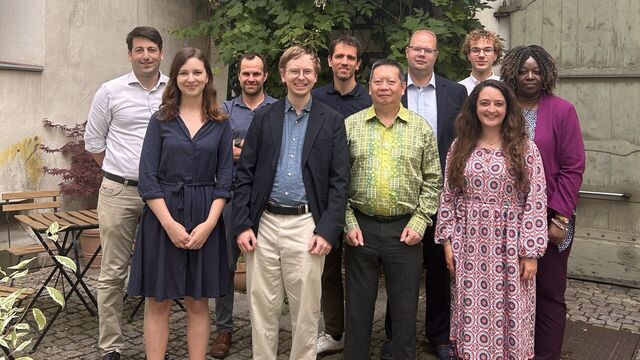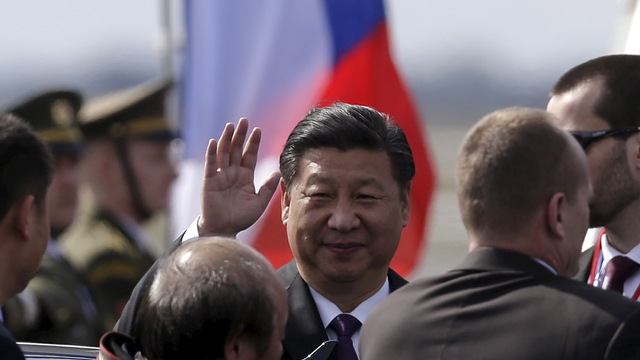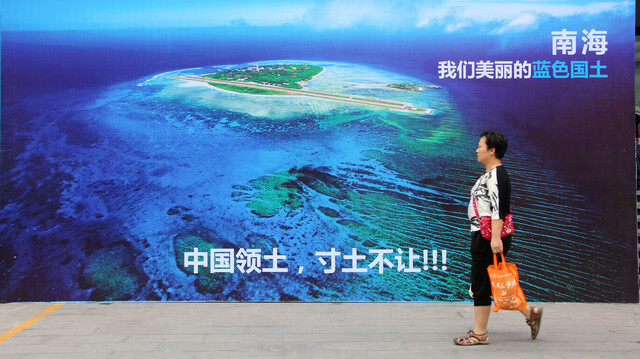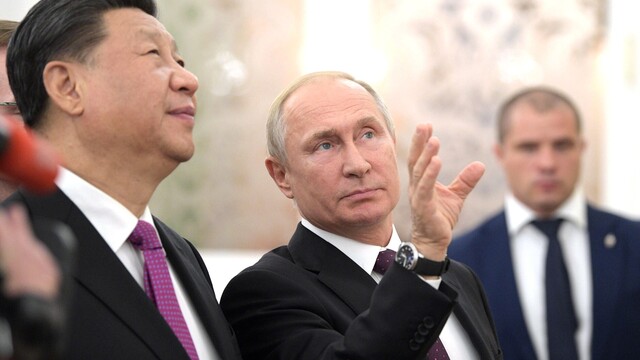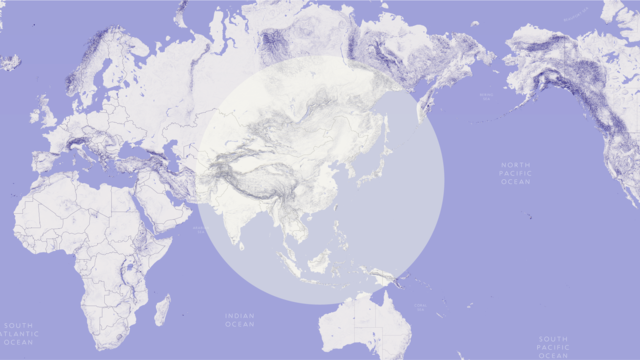After the Kashmir Terror Attack and the May 2025 War: How Europe Can Contribute to Stability in South Asia
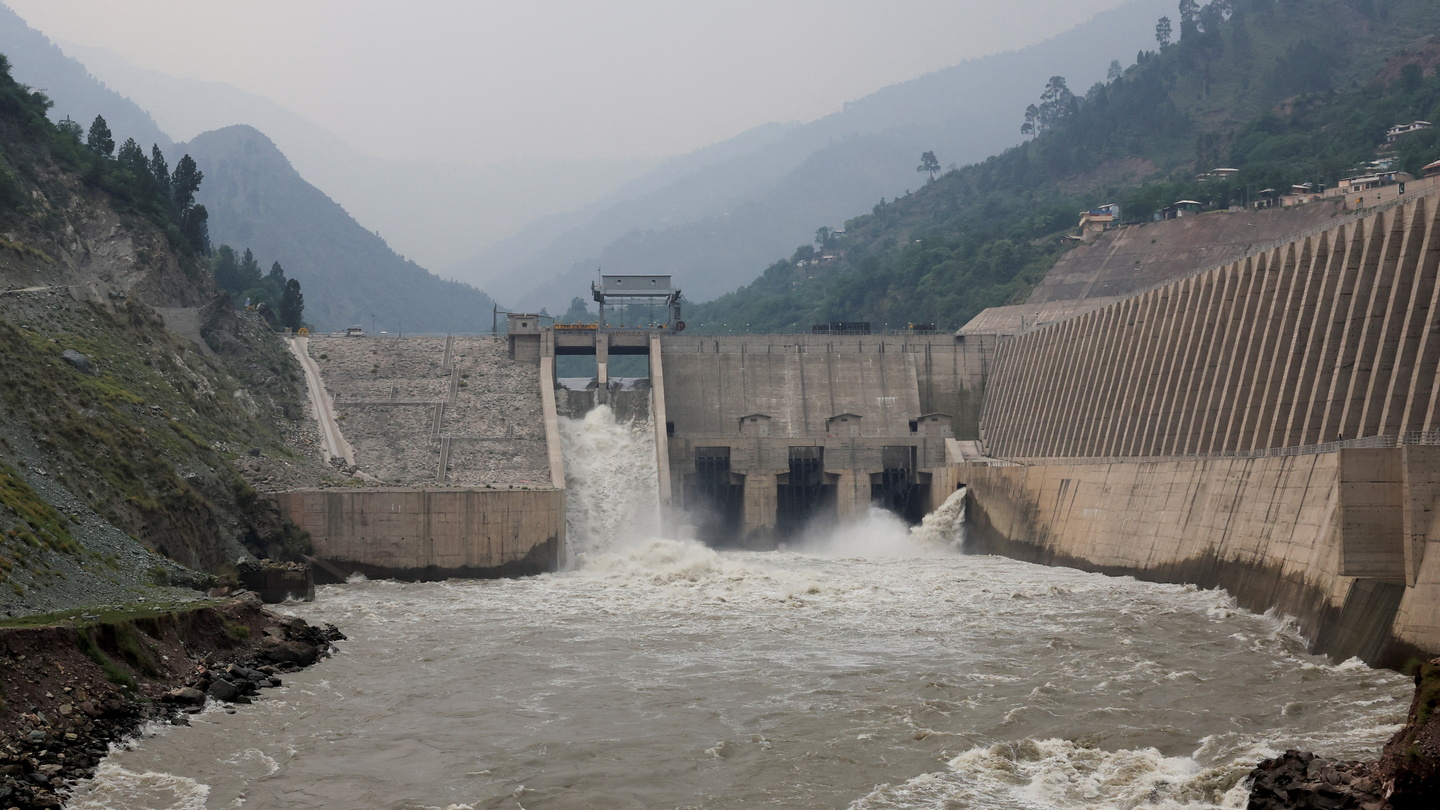
paper
How can the European Union help prevent one of the world’s most dangerous flashpoints from spiralling into a wider conflict? The latest policy paper by Clément Steuer and Mahnoor Saleem explores how Europe could play a constructive role in easing tensions between India and Pakistan after the May 2025 war over Kashmir.
The policy paper by Clément Steuer from the Institute of International Relations Prague and Mahnoor Saleem from the University of Glasgow examines how the recent conflict revealed the growing interconnection between geopolitical rivalries, nuclear deterrence, and environmental pressures.
The suspension of the Indus Water Treaty by New Delhi and the resulting “weaponisation of water” have turned climate stress into a potential trigger for escalation. As the United States gradually withdraws from its mediating role in the region, the authors argue that the European Union has the normative legitimacy and economic leverage to step in – not as a traditional power broker, but as a supporter of development and diplomatic dialogue.
Among their key recommendations, Steuer and Saleem call on the EU to use Track II diplomacy to build confidence between New Delhi and Islamabad, to support SAARC-led regional development in Jammu and Kashmir, and to employ Green Partnerships to help reduce water stress and modernise agriculture and energy systems. The Czech Republic, they note, can press for the EU’s normative agenda, facilitate Track II diplomacy, and strengthen confidence-building measures, including cooperation on water management.
The paper concludes that environmental issues must be treated as security issues, and that EU-backed green and development tools can contribute to long-term stability in South Asia. But can Europe truly fill the diplomatic vacuum left by Washington? Read the full policy paper here.
